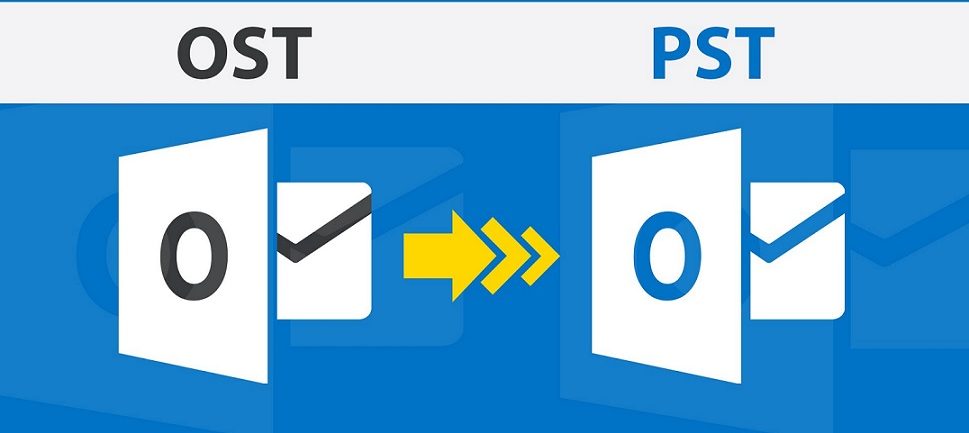Food has come to have many meanings besides just being the source of fueling our body – and perhaps that is what has led people onto unhealthy food choices. In essence, food is indeed just fuel for a healthy body. As it goes beyond nourishment, we reach a slippery slope that ends in highly unhealthy eating habits.
Today’s customers are increasingly aware of the importance of healthy food choices and are therefore trying to refrain from anything that nudges them towards the aforementioned slippery slope. In such a situation, brands need to understand the psychology of eating and the reasons and mindset behind consumers’ choosing healthier food options.
Psychology of Eating
It is no news that what we eat directly affects our mood and how we feel. Healthy food often makes our body and mind feel good, while excessively unhealthy food makes our stomach upset. A balance is needed to ensure that nutritional eating habits are maintained. If people eat too much or too little, it can also affect their health and quality of life – which can, in turn, cause aversiveness or negative feelings towards food.
The psychology of eating takes care of the choices and habits that people present while going for a meal, selecting what to eat, or even forming their continuous diet plans. Today’s hyper-aware population is going back to the basics and approaching eating from a healthy perspective by knowing the ingredients of what they eat and being selective about what and what not to eat. This psychological control over our appetite, diet, and what we have directly influences other areas of cognition, making us calm and alert and not at all passive.
People’s psychology of eating shifting towards healthy food choices can be attributed to the following psychological benefits attained when feeding our bodies with healthy food:
- Increase in alertness and energy levels
- A balanced and positive relationship with food
- Improved body image, better health
- Easier movement and body flexibility
While each of us wants to achieve the benefits mentioned above, eating healthy is often a challenging task. The reason is that food has come to be associated with several things except for just health. Some of those things, or factors, could be:
- Evolutionary
- Social
- Cultural
- Individual
- Social
- Familial
- Economical
- Psychological
Many people use food as a coping mechanism to deal with life’s difficulties. Some use food as a means to reward themselves for achieving a target. While these are good for attaining short-term satisfaction, this practice goes against long-term healthy eating habits and should be consciously avoided as much as possible.
Preference for healthy food is a direct reason for these realizations and the inherent benefits and mindstate that healthy food provides. Today’s consumers strive towards eating healthy to feed their mind and body both and achieve a mindset that promotes:
Improved Mood
Today’s world is hectic, full of competition, and diseases out to get us from left, right, and center. In such a situation, it becomes crucial to keep our diet healthy. This is especially true since a healthy diet directly relates to improved mood, and science backs this. Iron, folic acid, and thiamin are important nutrients linked to mood and can be obtained from keeping a routinely healthy diet. Therefore, food such as broccoli, seafood, egg yolks, etc., that is high in iron content is heavily preferred.
Increased Energy Levels
Healthy eating habits directly correlates to improved productivity and higher energy levels. The recommended diet for us to perform at our optimal level throughout the day includes a variety of proteins, fats, unrefined carbohydrates, and a strict emphasis on whole grains, vegetables, and healthy oils. Today’s consumers are moving towards smarter and healthier ways of snacking – wherein they don’t munch on the same old chips and crisps, but look for healthier options.
Reduced Signs and Symptoms of Depression
A dozen doughnuts or a bowl of ice cream doesn’t make you feel as good as green vegetables or spinach salad will – at least in the long run. And this is especially true for people showing signs of depression. Diet is one thing that can be easily controlled, but the inability to control what we eat adds to our depression if we are already struggling from it. Further, a lack of vitamin B12, iron, and calcium has been found to be linked with mild cases of anxiety and depression. People have realized this and are proactively looking for ways to not fall into this trap of unhealthy eating promoting depression promoting unhealthy eating. That is an important mindset that has helped many people switch to healthier eating habits.
Better Learning Abilities
thy body requires a healthy diet – and our self-esteem is directly related to how we and others around us perceive our body. Since the mind and body are intertwined entities that rely on each other to function correctly, it becomes more reasonable that a healthy diet improves self-esteem in the long run. Again, this can be attributed to the chemicals and nutrients received from the food that improve the individual’s overall functioning. Whatever be the exact reason, this is another crucial mindset that people have when they decide on developing healthy food habits.
In conclusion
Healthy eating habits have been scientifically shown to have innumerable positive benefits – both in the short- and long-term. Junk food, on the other hand, causes more harm than good. Most consumers of today have really absorbed this fact and are going out of their way to build a healthy relationship with food. This is a positive food and beverage trend in Asia, and companies around the globe should ensure that they feed this hunger for healthy food and not push consumers toward unhealthy eating habits.
Author’s Bio:
Aipalette is Providing AI-powered SaaS Platform for CPG to recognize Food and Beverages Trends in Asia.









